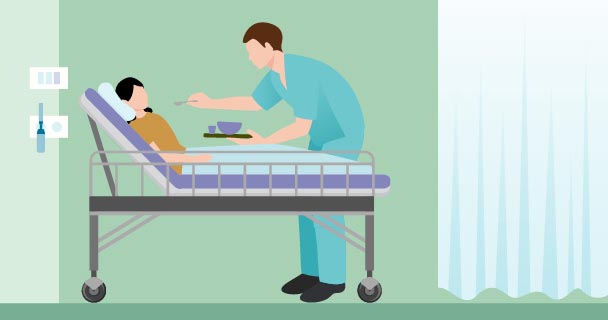






Continuing Education is Important for Nurses and Everyone Else in Healthcare

Continuing education (CE) is often thought of as a contributor to lifelong learning and is defined by the Alliance for Continuing Education in Health Professions as "the process by which health professionals keep up to date with the latest knowledge and advances in health care. Substantial literature exists indicating that continuing education (CE) in the health professions is effective in improving healthcare, patient outcomes and population health." (ACEHP)
CE Contributes to Competency and Employee Development
In a 2010 Macy Foundation Report, experts urged an emphasis on the role of CE in:
- Validating individual practice and competence;
- Engaging learners in new knowledge and skill acquisition for practice setting application;
- Reducing or closing practitioner-identified performance gaps;
- Improving patient care outcomes;
- Affording the opportunity to integrate knowledge, performance, competence and judgment; and
- Generating professional satisfaction and identity, potentially preventing or decreasing burnout.
Learning options like CE Need to Vary According to the Learner: Millennials A Good Example
In 2011, PwC published the report ‘Millennials at Work' after commissioning Opinium Research to complete an online survey of 4,364 graduates across 75 countries. The Millennial generation includes those born between 1980-2000—by 2020, 50% of the workforce will be made up of millennials. In relation to lifelong learning, PwC noted that a focused response from employers will be needed given this generation's ambition and desire to keep learning and progressing in an organization much more quickly than previous generations. If they aren't engaged or afforded the opportunities to learn and progress, they are far more willing to change employers or careers. One quote from a Millennial that summarizes this generation's view of their workplace is "My career will be one of choice. It will align who I am with what I do."
The orientation towards lifelong learning may be one of the most important competencies healthcare staff must possess for future success, and it will be up to employers to harness and engage new generations in untold and different ways. If we're not thinking about this now in healthcare at the highest level, especially about institutionalizing changes to learning in our provider organizations, we may be very challenged in the next few years to reduce the already high turnover rates in healthcare and the negative effects on quality care that likely will follow.
